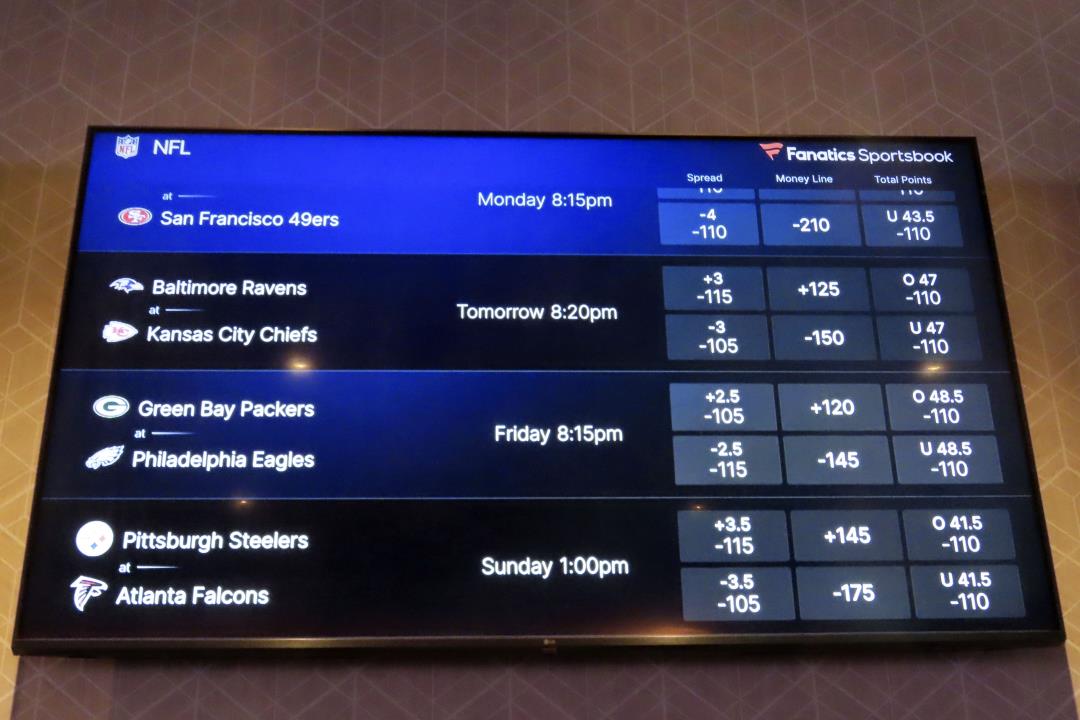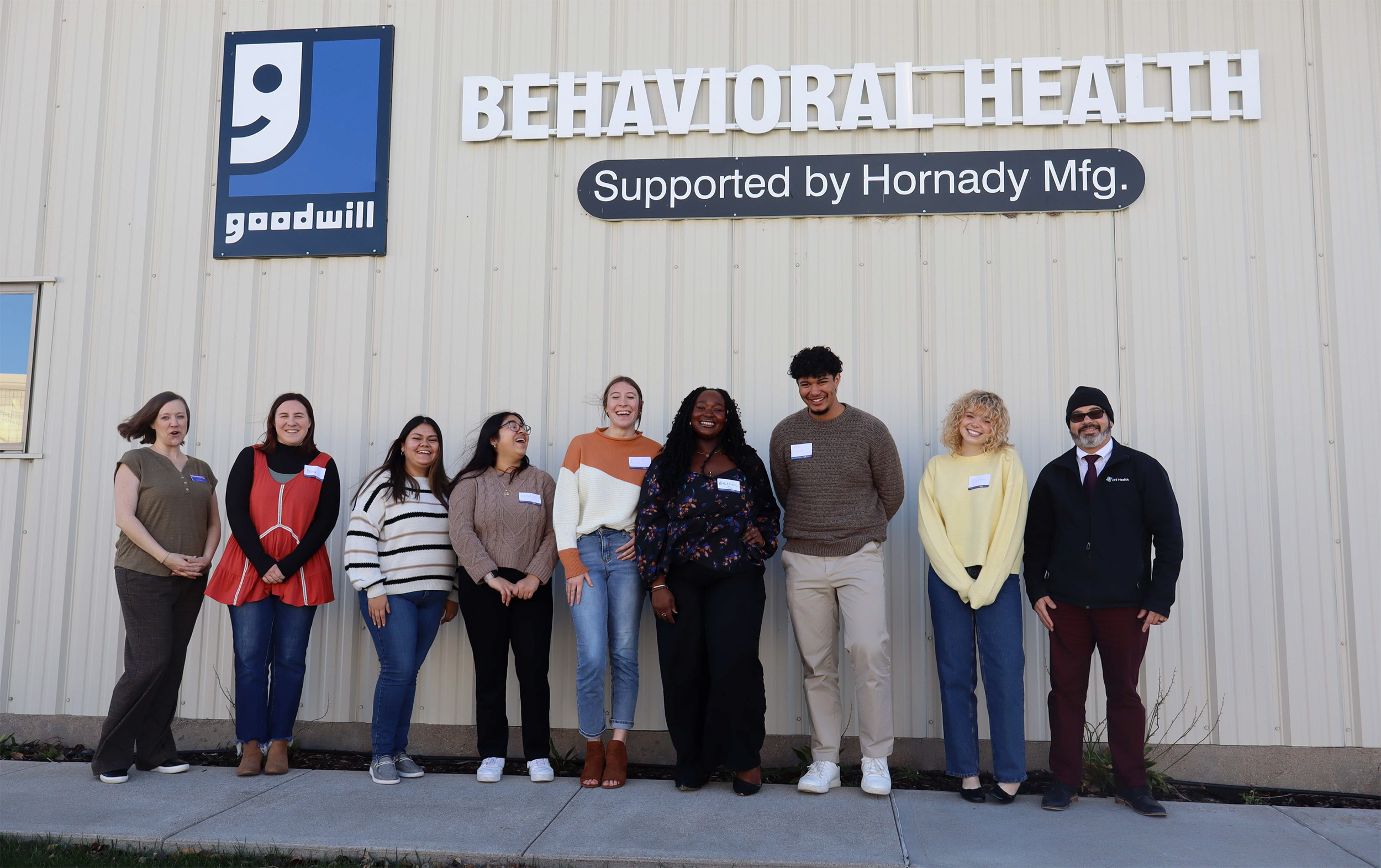Gambling
Poll Shows Gambling Poses Highest Risk to Young Men

Ten percent of young men in the US show behavior that indicates a gambling problem, compared to 3% of the general population, new research has found. The Fairleigh Dickinson University survey comes as the National Council on Problem Gambling examined every state’s gambling laws, finding that customer protection against developing or worsening gambling problems varies widely and could be improved everywhere. The risks “are closely related to online betting on sports and online slot machines,” said Dan Cassino, a professor of government and politics at Fairleigh Dickinson and the executive director of the survey, the AP reports.
“Gambling is generally marketed as entertainment, and for most gamblers, it’s just that,” Cassino said. “But there’s always some chance of gambling turning into problem behaviors, and online gambling is proving to be much more dangerous than other kinds.” Arnie Wexler, a leading advocate for people with gambling problems and the former head of New Jersey’s Council on Compulsive Gambling, said young people and their parents regularly contact him for help. He was not involved in the survey, which was released Thursday. “All the gambling going on, it’s addicting so many people, and so many young people,” said Wexler. “It’s gotten crazy what’s going on today. We are a nation of addicted gamblers.”
The survey asked respondents to answer the Problem Gambling Severity Index, a nine-question battery including several indications of problem gambling behaviors like borrowing money to gamble, or saying that gambling has caused financial or emotional problems. Twenty-four percent of men reported at least one problem behavior, but that rose to 45% for men 30 and under. Individuals are generally considered to have a problem if they have a score of 8 or above on the index, per the AP. Only about 3% of men’s scores indicated a gambling problem, but that rose to 10% among men ages 18 to 30 and 7% among women in the same age group. The nationwide survey of 801 registered voters, conducted between Aug. 17 and 20, has a margin of error of plus or minus 3.5 percentage points.
(More gambling addiction stories.)








/cdn.vox-cdn.com/uploads/chorus_asset/file/24040655/226285_AIRPODS_PRO_2_cwelch_0011.jpg)
